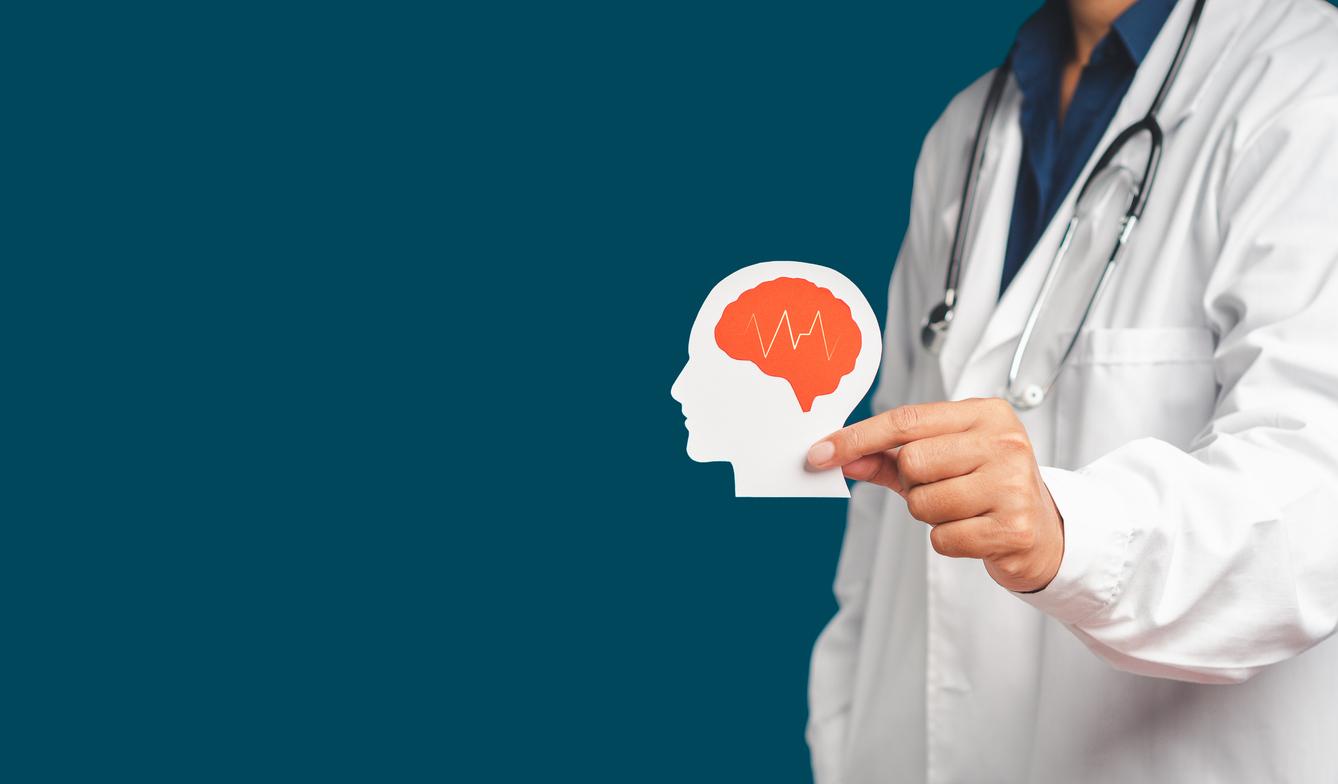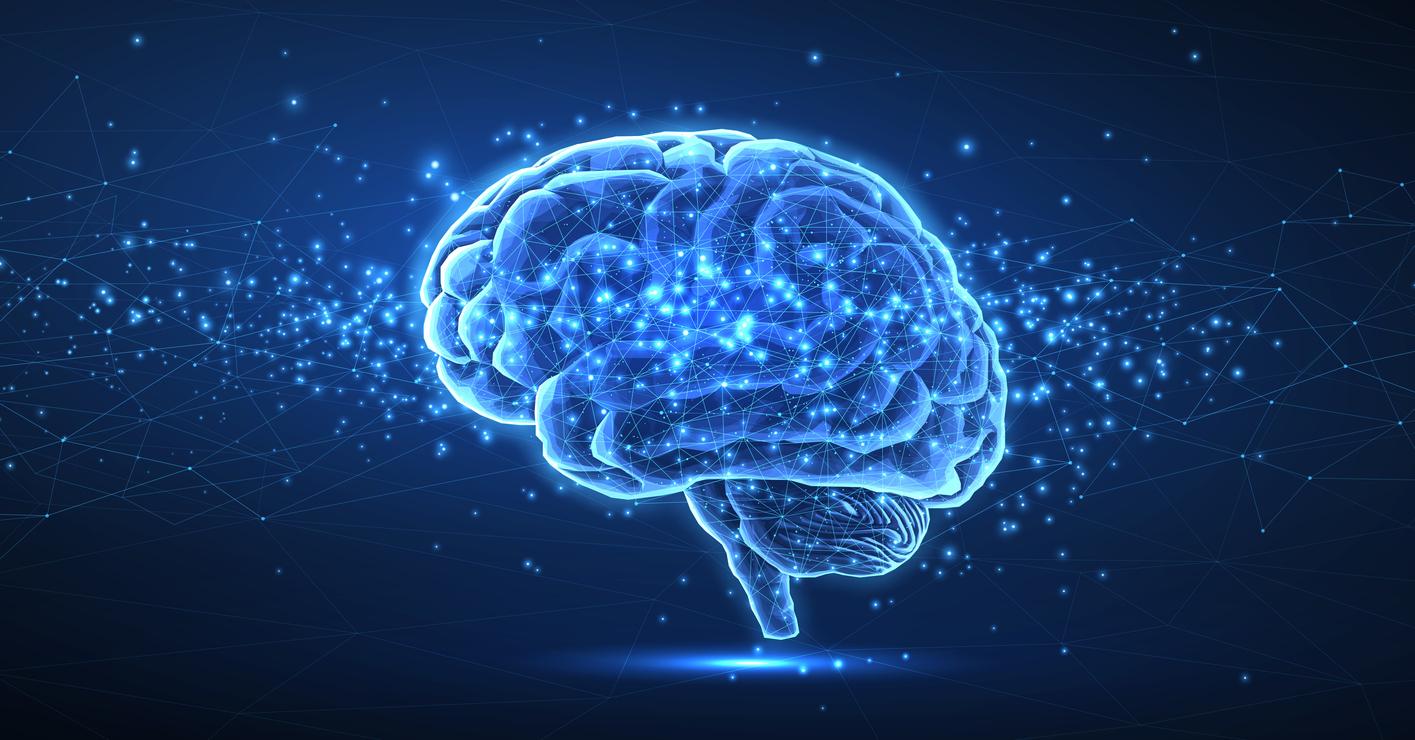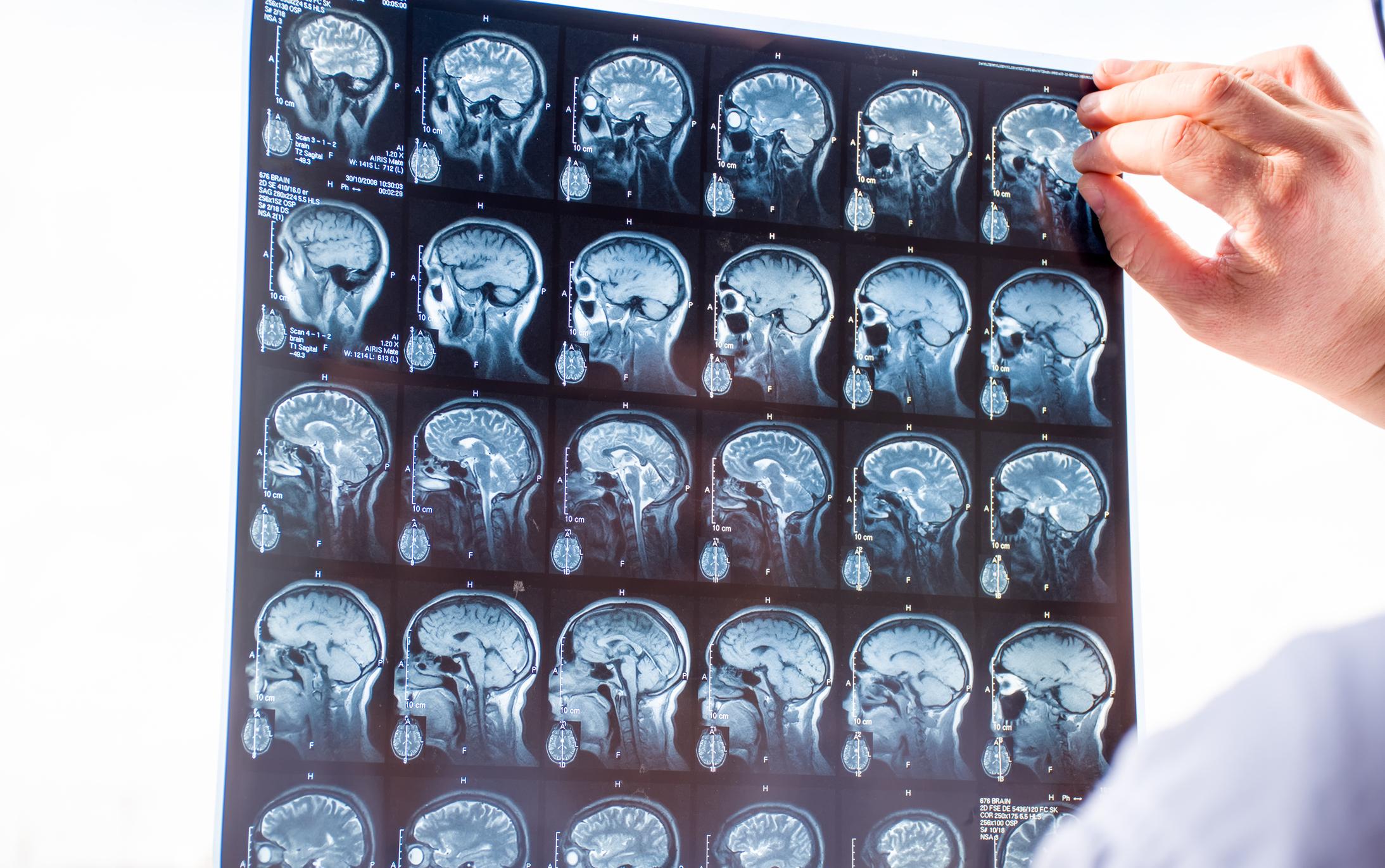On the occasion of World Epilepsy Day, Why Doctor takes stock of preconceived ideas regarding epilepsy, this neurological disease often characterized by seizures.

- Epilepsy is a common neurological disease.
- Many preconceived ideas persist about its origin and its consequences.
- For example, the illness does not prevent you from having a normal life and the crises are not always impressive.
Since 2015, International Epilepsy Day has taken place on the second Monday in February. Its aim is to inform and raise awareness among the general public about this chronic disease. Although it affects around 600,000 people in France, it remains poorly known and suffers from clichés. Here are ten prejudices to forget about epilepsy.
1. You risk swallowing your tongue during an epileptic attack
“This is one of the most common misconceptions, estimates the Epilepsy-France association. Anatomically, it is impossible to swallow your tongue because it is held back by a frenulum.” Therefore, you should definitely not put an object in the mouth of a person who is having convulsions. Putting your fingers in the person’s mouth to hold their tongue is also strongly discouraged because the gesture can result in a bite. “There is also a risk that this will cause a reflex that makes her vomit.alerts the association. In this case, vomit can be inhaled, reach the lungs and cause respiratory and cardiac arrest..”
2. In the event of a convulsive epileptic attack, nothing should be done
An epileptic attack must absolutely make those around you react. The person concerned must not be moved, unless there is danger nearby (roadside, top of stairs). You must quickly place it in a lateral safety position, without trying to hinder its movements. The space around it must be clear, so that there is no risk of injury. If the attack lasts more than 5 minutes, you must call for help. If the crisis passes before this time, it is important to comfort the victim, who may remain confused for some time.
3. Epileptic seizures are always impressive
“Epilepsy is not limited to spectacular symptoms and may even lack themunderlines Epilepsy-France. Not everyone with epilepsy has tonic-clonic (convulsive) seizures..” In some people, the disease is almost invisible because it will manifest itself through problems with memory, concentration or even hallucinations. Sometimes, it results in more discreet signs such as tremors, muscular rigidity or even falls.
4 Epilepsy is a mental illness
“Epilepsy is a true neurological disease that impacts the electrical activity of the brain, disrupting the connections between neurons., describes Epilepsy-France. During attacks, people affected can develop behavioral problems, but the disease does not cause brain damage likely to trigger a mental illness.
5. Epilepsy affects intelligence
The association is clear: there is no cause and effect between epilepsy and intelligence. The disease can impact memory, concentration or attention, which may impact learning abilities but not intelligence.
6. Epilepsy is a hereditary disease
“Although many underlying disease mechanisms can cause epilepsy, the cause of the disease is still unknown in approximately 50% of cases worldwide.explains theWorld Health Organization. In some cases, the causes are genetic, without the disease having been transmitted by the parents. “Genetic predisposition does not mean that epilepsy is a hereditary disease, and therefore transmissible.developed Epilepsy-France.
7. Epileptic seizures are psychological
Psychological factors can contribute to the onset of seizures, such as stress or fatigue, but they are not the causes. The disease is of neurological origin.
8. Epilepsy prevents you from working
“Subject to compliance with a few simple lifestyle rules and strict compliance with treatment, the epileptic patient, whose treatment is well balanced, can lead an almost normal life.estimates Epilepsy-France. Epilepsy does not reduce physical or intellectual aptitude.” In certain cases, the illness may, however, require an adjustment of schedules.

9. People with epilepsy cannot play sports
According to Epilepsy-France, sporting activity has a positive effect for people with epilepsy. This may require some precautions. If the disease is not stabilized, sports are prohibited, including climbing or scuba diving. The association recommends team sports, dance and even martial arts.
10. Driving with epilepsy is prohibited
Until 2005, driving was prohibited for people with epilepsy. Since then, the regulations have changed. A person with epilepsy may be allowed to drive if they have not had a seizure for at least a year or if they only have seizures while sleeping. “The decision to issue or renew the permit by the prefectural authority is taken following the opinion of the departmental medical commission or an approved doctor.“, adds Epilepsy-France.
















